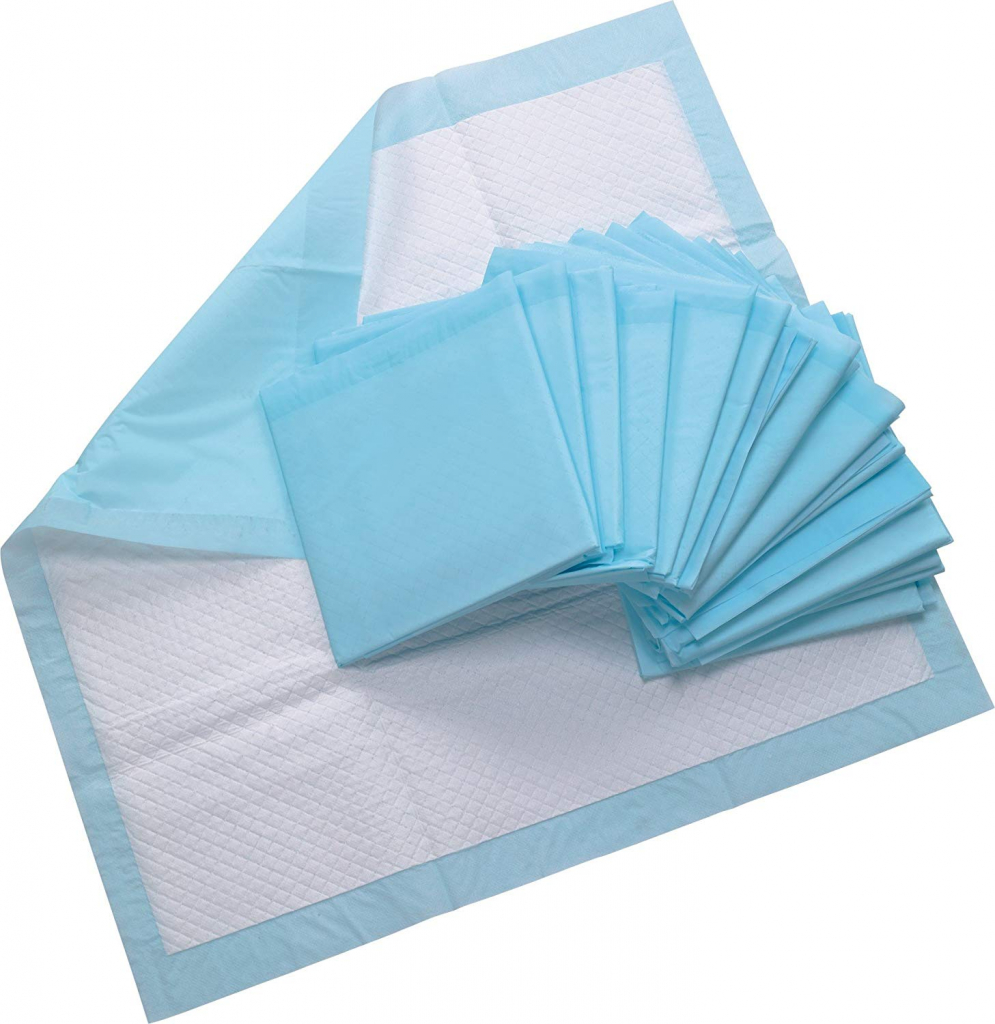
September 13, 2024
What To Anticipate After Expecting: Stress And Anxiety Urinary System Incontinence
Comprehending Fecal Urinary Incontinence After Pregnancy Postpartum Saint Luke's Health System The postpartum duration starts not long after the infant's delivery generally lasts 6 to 8 weeks, and ends when the mom's body has actually almost returned to its pre-pregnant state. The postpartum duration is Surgery essential for both temporary and long-term health and wellness and well-being for a lady and her newborn. This activity ought to help the interprofessional team supply thorough postpartum take care of the new mommy. If you're having problems during your postpartum recovery, do not hesitate to call your doctor any time. And do not hold back on sharing your sensations with your companion, or reaching out to close friends and member of the family for help with the child. Your physical and emotional health is necessary, so make sure to offer on your own a break when you require it the most. This new blood lugs oxygen and nourishment to the muscle mass and nerves and lugs carbon dioxide and waste away. The few mins between contractions are normally enough for the tissue to recoup. After distribution, the pelvic floor can experience lots of modifications. The pelvic muscle mass and nerves have extended to permit the child to travel through the birth canal. The majority of the moment, the muscles recover without any signs. Sadly, some females have actually described a sense of looseness and reduced overall experience.Exactly How Can You Boost Postpartum Urinary Incontinence?
As the head appears, the pressures can actually tear the tendons that anchor the pelvic sustaining muscular tissues to the pelvic bones. In some cases the muscle mass near the beyond the vaginal canal is purposefully reduced by the physician to help speed up the delivery. We currently recognize this cut, called an episiotomy, boosts the danger of anal incontinence. As the baby grows, the enlarging uterus creates stress on the bladder listed below it.- Typical bowel feature can be kept by consuming an adequate quantity of liquids and consuming foods high in fiber.
- Nonetheless, the sample size of this research is tiny and the follow-up time is brief.
- Maternity, labor and a genital distribution can extend or hurt your pelvic floor muscular tissues.
- During pregnancy, because of the stress on the bladder, it obtains difficult to urinate.
- The crucial point for women to understand is that urinary incontinence after giving birth does not need to be an everyday component of their lives as mothers.
Pregnancy Pads
Much like pregnancy and childbirth, your postpartum healing is personal and distinct. Throughout this time, concentrate on your newborn and your very own health. If you're discovering any of these symptoms, reach out for help right away. If, along with other postpartum symptoms like perineal pain and irregular bowel movements, you're observing that it's harder to control your bladder after delivering, you're not the only one. Discover why you pelvic flooring is very important prior to and while pregnant and after giving birth, with advice from a pelvic flooring physio therapist on just how and why to enhance your pelvic floor. Pelvic flooring workouts are made to boost muscular tissue tone and protect against the need for corrective surgery. If you have urge incontinence, or an over active bladder, drug can aid to relax the bladder muscle mass. When you're expecting, your growing infant taxes your bladder. For some women this pressure can cumulatively amount to lots of hours. 2 nerves, called the pudendal and the pelvic nerves, push each side of the birth canal within the muscles that are directly under the child's head. Because they are so near the child's head, these nerves are particularly at risk to the stress of labor. The pudendal and pelvic nerves bring the signals from the brain to the muscle mass that hold the bladder and anus in place. If these nerves are hurt, the signals meant for the muscles around the bladder, vaginal canal, and anus may not be transferred properly.Is it normal to struggle to pee after birth?
back on or stay clear of alcohol, high levels of caffeine or acidic foods. Minimizing liquid usage, losing weight or boosting exercise also can alleviate the issue.
Social Links